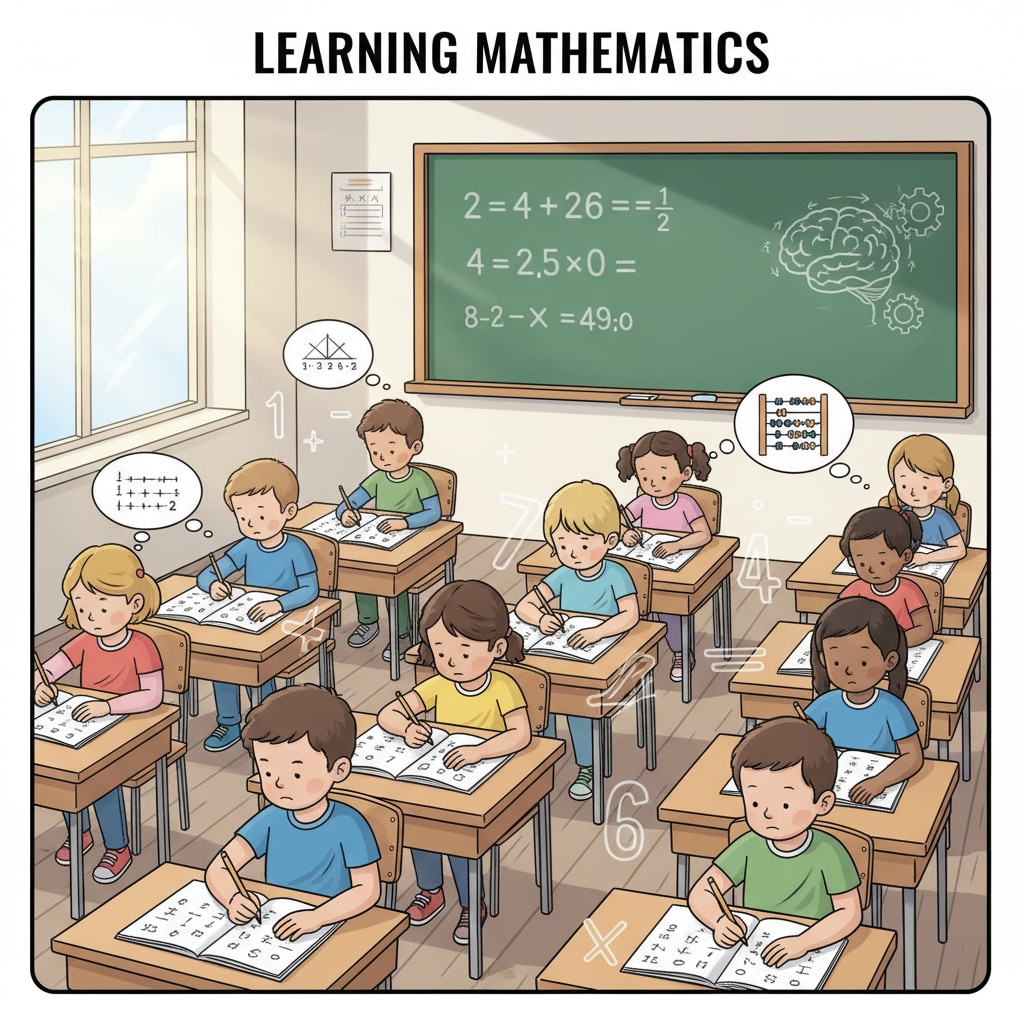Children’s mathematics can be a challenging subject for many kids, and when it comes to learning programs for those with math difficulties, it’s essential to take the right approach. Every child is unique, and so are their struggles with math. Understanding the nature of these difficulties is the first step in finding the most suitable educational support.

Identifying Math Difficulties in Children
Recognizing the signs of math difficulties is crucial. Some children may have trouble with basic arithmetic operations like addition and subtraction. Others might struggle with more complex concepts such as geometry or algebra as they progress in school. For example, a child who consistently has problems understanding the concept of fractions may be showing signs of a specific math difficulty. According to Understood.org, common signs include slow processing of math problems, difficulty in applying math in real-life situations, and a lack of confidence when dealing with math tasks.
Recommended Math Learning Programs for 9-Year-Olds
For 9-year-old children facing math difficulties, several learning programs can be highly effective. One such program is “Mathseeds.” It offers a fun and interactive way to learn math basics. Through games and activities, kids can improve their number sense, counting, and simple arithmetic skills. Another great option is “Prodigy Math Game.” This program makes learning math feel like a game, with quests and battles that involve solving math problems. It covers a wide range of math topics suitable for this age group. As stated by Education.com, these types of programs engage children and make the learning process more enjoyable.

In addition to these digital programs, hands-on learning can also be very beneficial. Using manipulatives like counting blocks or geometric shapes can help 9-year-olds better visualize math concepts. This tactile approach can make abstract ideas more concrete and easier to understand.
Readability guidance: As we’ve seen, understanding the nature of children’s math difficulties and choosing the right learning programs are essential steps. In the next section, we’ll look at how families can support children in their math learning journey.
Family Support Strategies
Families play a vital role in helping children overcome math difficulties. Creating a positive attitude towards math at home is crucial. Parents can do this by showing enthusiasm for math in daily life, such as during cooking when measuring ingredients or while playing math-related games. Encouraging children to ask questions and explore math concepts on their own also helps build confidence. Moreover, setting a regular study routine and providing a quiet study space can enhance their focus and learning efficiency.
In conclusion, finding the right education programs and implementing effective family support strategies can make a significant difference for children struggling with math. By identifying their difficulties, choosing suitable learning programs, and providing a supportive home environment, we can help these children build a strong foundation in mathematics and gain the confidence to succeed.


